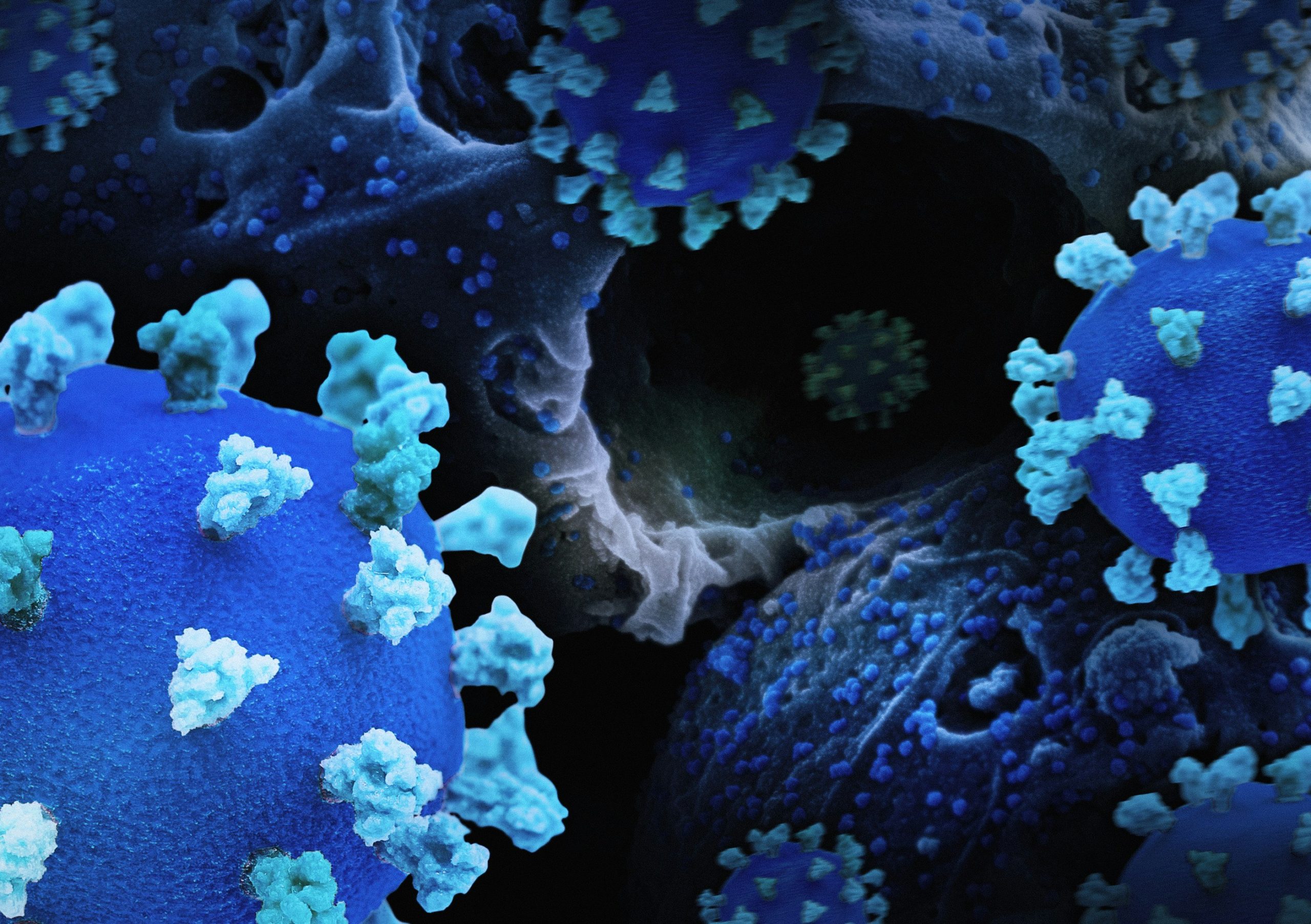Platelet-rich plasma (PRP) has gained recognition for its ability to treat a variety of conditions, from hair loss to joint pain. But did you know that it’s also effective in treating autoimmune diseases? Despite growing evidence of its benefits, PRP treatment is still not widely adopted among rheumatologists.
PRP works by utilizing the healing properties of your own blood, which is rich in growth factors and cytokines that help reduce inflammation and stimulate tissue regeneration. Research has shown that PRP is particularly effective in treating conditions like alopecia areata, Peyronie’s disease, and lichen sclerosus—all of which have an autoimmune component.
Even though studies continue to show the benefits of PRP for autoimmune conditions, there’s still hesitation in the medical community. However, treatments for conditions like scleroderma (which can cause painful intercourse and skin tightness) are showing promising results with PRP therapy.
If you suffer from an autoimmune condition and are looking for alternative treatments, PRP might be a viable option. It’s worth discussing with your doctor to see if this therapy could help alleviate symptoms and improve your quality of life.





